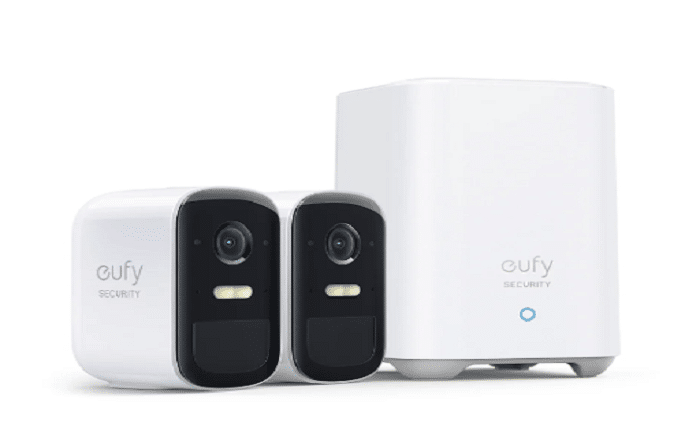How Wireless Security Cameras Operate

Now you do not have to depend on complex wiring systems and cumbersome installations. With wireless security cameras, monitoring your property has never been easier or more convenient. But how exactly do these sleek gadgets work? Join us as we delve into the fascinating inner workings of wireless security cameras and explore their benefits and limitations. These security camera systems offer numerous benefits, such as flexibility in placement options and ease of installation. However, they also have limitations, like potential interference from other devices and limited battery life depending on the model used.
Wireless security cameras and working
Wireless security cameras, also known as Wi-Fi security cameras or IP cameras, are cutting-edge devices designed to monitor and protect your property without the need for cumbersome wires. These security cameras have evolved into versatile tools for monitoring pets’ activities when left alone at home and keeping an eye on children playing in the backyard.
These sleek and compact devices come in various shapes and sizes, offering flexibility in their placement around your home or business. From discreet indoor models to rugged outdoor options, wireless security cameras can strategically cover vulnerable areas like entrances, driveways, or even baby nurseries. Here is a detail on how its works:
Transmit audio and video songs
At their core, wireless security cameras are essentially small digital video cameras that transmit video and audio signals wirelessly to a receiver. This receiver is connected to a recording device or monitor, allowing you to view the footage in real-time or store it for later review.
One key component of wireless security camera systems is the transmitter. This device converts the camera’s analog video and audio signals into digital data packets. These packets are then transmitted over Wi-Fi or radio frequencies to the receiver.
Watch on the chosen device
The receiver bridges the camera and your viewing device, such as a computer or smartphone. It receives the data packets from the transmitter. It decodes them back into video and audio signals you can view on your chosen device.
Use encryption protocols
Many wireless security camera systems use encryption protocols to ensure the secure transmission of data. These protocols encrypt the data before it is transmitted, making it difficult for unauthorized individuals to intercept or access your surveillance footage.
Power supply
Another important aspect of wireless security cameras is the power supply. While some models may rely on batteries for portability, others require an external power source, such as an electrical outlet.
In terms of installation, most wireless security cameras are designed for easy setup. They typically come with batteries and mounting brackets or stands that allow you to place them strategically around your property securely.
Conclusion
With the wireless security cameras advanced technology, you can get a convenient solution for keeping an eye on your property. Furthermore, these security cameras are less vulnerable to tampering since no physical connections can be easily disrupted. Many models also come with built-in motion sensors and night vision capabilities, further enhancing their surveillance capabilities. So now that you understand how wireless security cameras work, why wait? Take control of your safety today by investing in a reliable wireless security camera system that suits your needs, and enjoy the peace of mind it brings.




